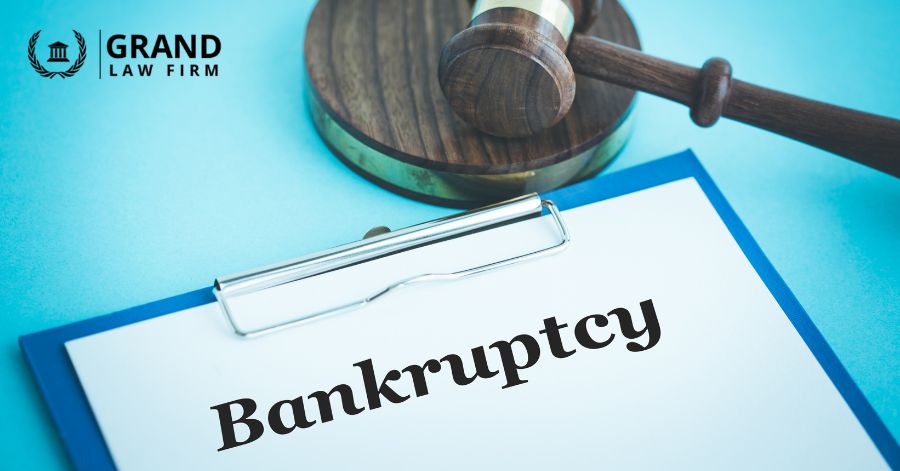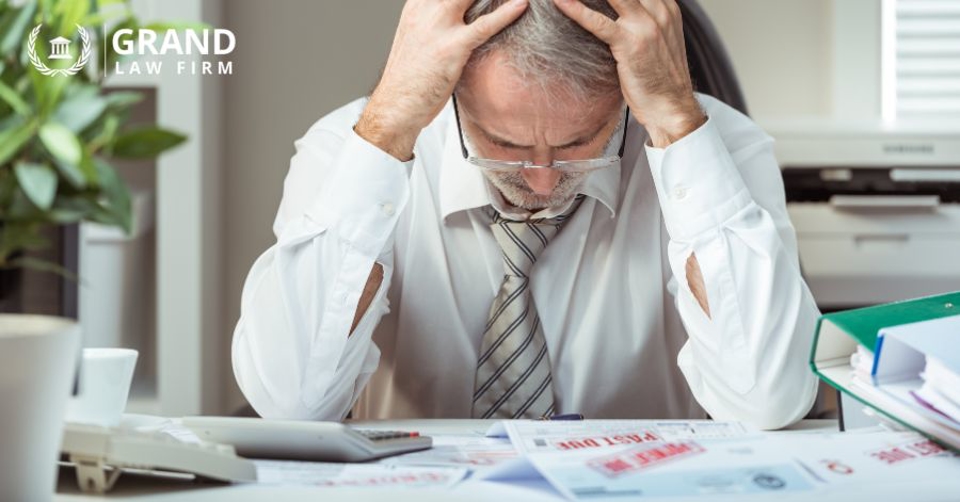Filing for bankruptcy is a significant decision that can feel overwhelming, especially when you're struggling with debt. It's a legal process designed to help individuals and businesses get a fresh start, but it's important to understand both the benefits and the drawbacks before taking this step. For Louisiana residents, the laws and procedures can be complex, and a clear understanding is crucial. Let's explore the pros and cons to help you navigate this difficult choice with confidence.
The Pros: A Path to a Fresh Start
1. Stopping Creditor Harassment: One of the most immediate benefits of filing for bankruptcy is the "automatic stay." This legal injunction goes into effect the moment you file, and it stops most creditors from taking any collection actions against you. This means no more harassing phone calls, collection letters, or lawsuits.
2. Eliminating Debt: Depending on the type of bankruptcy you file, you may be able to eliminate a significant portion of your unsecured debt, such as credit card debt, medical bills, and personal loans. Chapter 7 bankruptcy, for example, can discharge these debts entirely, providing a clean slate.
3. Saving Your Home or Car: Filing for bankruptcy can provide you with the opportunity to catch up on missed mortgage or car payments and prevent foreclosure or repossession. Chapter 13, in particular, allows you to reorganize your debt into a manageable payment plan over three to five years, protecting your valuable assets.
The Cons: Navigating the Challenges
1. Impact on Your Credit Score: Filing for bankruptcy will have a negative impact on your credit report. A Chapter 7 bankruptcy can remain on your report for up to 10 years, and a Chapter 13 for up to seven. This can make it more difficult to obtain loans, mortgages, or credit cards in the future.
2. Potential Loss of Assets: While bankruptcy is designed to protect some of your assets, it's possible to lose non-exempt property in a Chapter 7 filing. Louisiana has its own set of exemption laws that determine what property you can keep. It is essential to consult with a legal professional to understand how these laws apply to your specific situation.
3. Public Record: Bankruptcy is a matter of public record. While this may not affect your daily life, it's a fact that some people find uncomfortable.
4. It Doesn't Erase All Debt: Not all debts can be discharged through bankruptcy. Common examples include child support, alimony, most student loans, and certain taxes. You will still be responsible for these obligations after your bankruptcy is complete.
Talk to Louisiana Bankruptcy Lawyers
Making the decision to file for bankruptcy is personal and complex. It's a step that should be taken with a full understanding of the process and its consequences.
If you are a Louisiana resident considering bankruptcy, you don’t have to go through this alone. The compassionate and experienced attorneys at Grand Law Firm are here to provide the trustworthy guidance you need to make the best decision for your financial future.
Contact us today at (504) 608-5208 for a confidential consultation.







